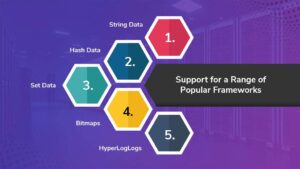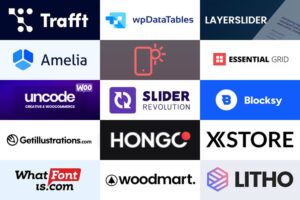Artificial intelligence (AI) tools have gained popularity in recent years, with some companies even attempting to replace humans with AI-generated content. Sports Illustrated and CNET are among the companies that have experimented with AI-generated writers and content. This trend of seeking cheap or free content could impact various creative professionals, including web designers, developers, and graphic artists.
To illustrate the potential extent of this trend, let’s consider a hypothetical scenario involving Taylor Swift. Despite her massive success and global fan base, it wouldn’t be surprising if a record label attempted to replace her with AI-generated music. By feeding Swift’s recorded tracks into an AI model, the label could generate new songs in her signature style. While fans might accept AI-generated music that follows a proven formula, replacing Swift with an actor who lip-syncs on stage may not create the same personal connection.
This hypothetical scenario highlights the concern that companies may prioritize cost-saving measures over the value of human creativity. For example, website owners might decide to forgo hiring a developer and rely on AI tools like DALL·E for graphic design work. However, the quality of AI-generated work may not meet the standards set by human professionals.
While AI tools are expected to improve over time, the question of their reliability for long-term success remains. The acceptance and expectations of both decision-makers and the public will play a crucial role in determining how AI replaces creative professionals. If the public consumes AI-generated content without complaint, companies will continue to push the boundaries. However, if conversions and SEO rankings decline, there may be a shift in course.
Ultimately, AI is likely to become a foundation for many projects, potentially impacting the low-end market for fast and cheap websites. However, skilled humans will continue to thrive, and it is a period of adjustment for all involved. Continuing to learn and grow will be essential for creative professionals to prove their worth in the face of evolving AI technology.
In conclusion, while AI has the potential to disrupt multiple industries, it does not signal the end for human creativity. It is a time of uncertainty, but by adapting and demonstrating their value, creative professionals can navigate the evolving landscape of AI.




